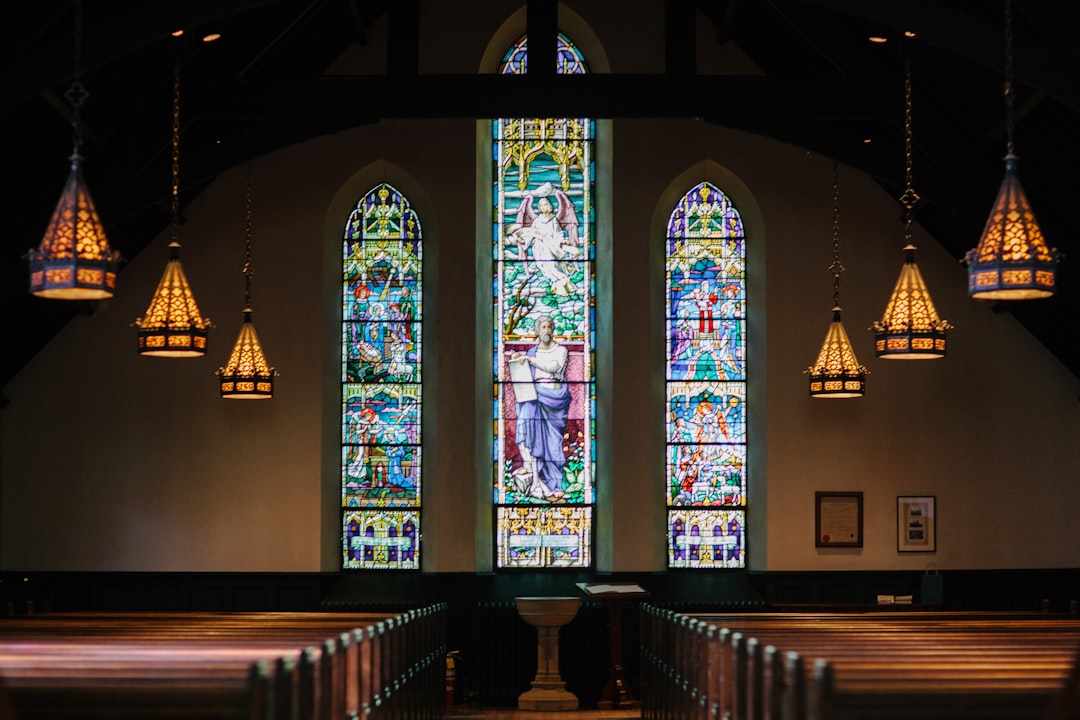Survivors of sexual abuse within Philadelphia's religious institutions can find support and justice through specialized clergy abuse attorneys. These legal professionals guide victims through complex processes, including civil lawsuits, to seek compensation and hold accountable those responsible. Many offer free initial consultations, providing a safe space for sharing experiences. In PA, particularly in Philadelphia, these attorneys are vital allies in advocating for victims' rights and ensuring accountability.
In Philadelphia, as across the nation, the revelation of sexual abuse within the church has shaken communities and prompted urgent calls for justice. The trauma suffered by victims demands comprehensive understanding and legal recourse. This article explores the specific challenges and available options for individuals in Philadelphia who have experienced clerical sexual abuse. We delve into their rights, the significance of a dedicated clergy abuse attorney in Pennsylvania, and steps towards achieving justice and healing.
Understanding Clergy Abuse and Its Impact in Philadelphia

In Philadelphia, clergy abuse has been a significant issue, leaving profound emotional and psychological scars on its victims. This type of abuse, often involving spiritual authority figures in churches and religious institutions, can have devastating effects, affecting individuals’ sense of trust, faith, and self-worth. Many survivors struggle silently due to the sensitive nature of these experiences and the potential stigma within their communities.
Victims of clergy sexual abuse may face unique challenges when seeking justice. Philadelphia’s legal landscape offers specialized support through clergy abuse attorneys who understand the complexities involved. These legal professionals are equipped to guide survivors through the process, ensuring they receive the compensation and closure they deserve. With their expertise, victims can navigate the legal system, holding accountable those who have committed such acts of abuse.
Legal Options Available for Victims: Seeking Justice

For survivors of sexual abuse within the church, finding justice can be a challenging yet crucial step in the healing process. In Philadelphia, PA, victims have several legal options available to pursue justice and accountability from clergy members or organizations involved in such misconduct. One of the primary avenues is to consult with a specialized clergy abuse attorney. These legal professionals are equipped to guide survivors through the complexities of filing civil lawsuits against responsible parties, seeking compensation for emotional distress, medical expenses, and other damages incurred due to the abuse.
Engaging a competent clergy abuse attorney in Philadelphia can help victims navigate laws specific to institutional liability, statute of limitations, and evidence collection processes. They play a vital role in ensuring that the rights of survivors are protected and that they receive fair representation in legal proceedings. Many such attorneys offer free initial consultations, providing an opportunity for victims to share their experiences and explore potential legal strategies without financial burden.
The Role of a Clergy Abuse Attorney in PA

In Pennsylvania, a clergy abuse attorney plays a pivotal role in supporting and advocating for victims who have experienced sexual abuse within religious organizations. These attorneys specialize in navigating complex legal landscapes related to church-related sexual misconduct, ensuring that victims’ rights are protected and held accountable. With knowledge of state laws and unique challenges presented by religious institutions, these professionals guide clients through the process of seeking justice.
A clergy abuse attorney in Philadelphia PA helps victims understand their legal options, which may include civil lawsuits against the offending individuals or organizational entities. They assist in gathering evidence, interviewing witnesses, and constructing robust cases to hold perpetrators liable. Additionally, they provide emotional support and help victims find resources for healing and recovery, ensuring that justice is not only served but also accompanied by compassionate assistance.





